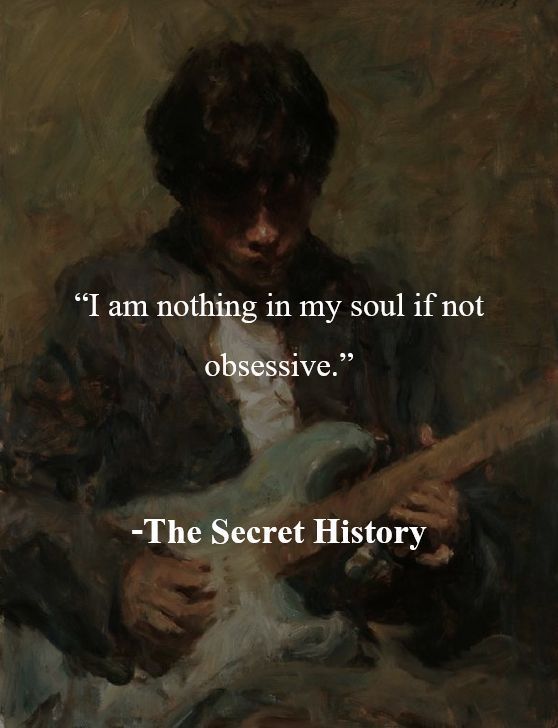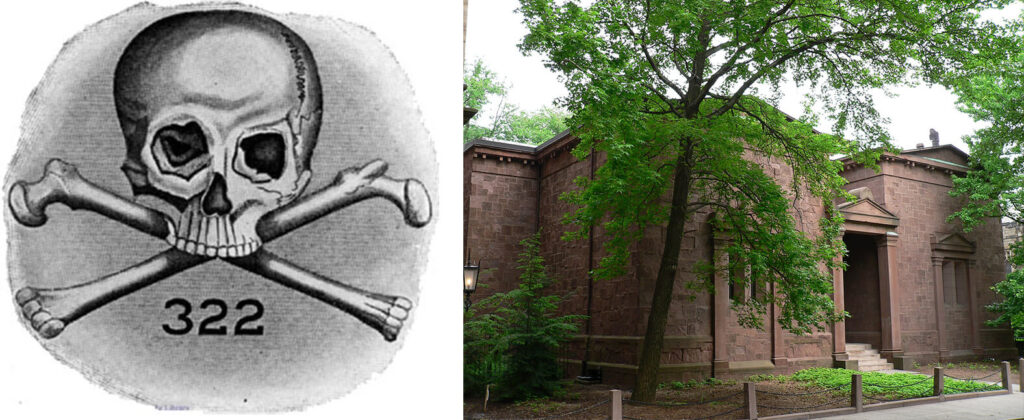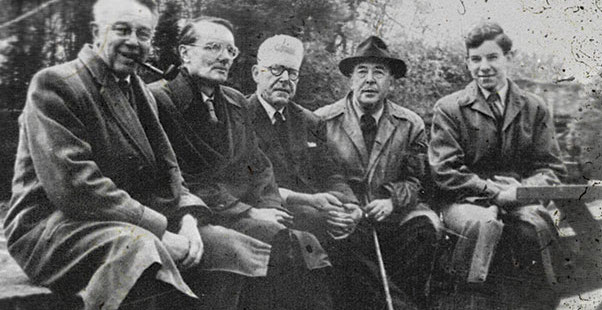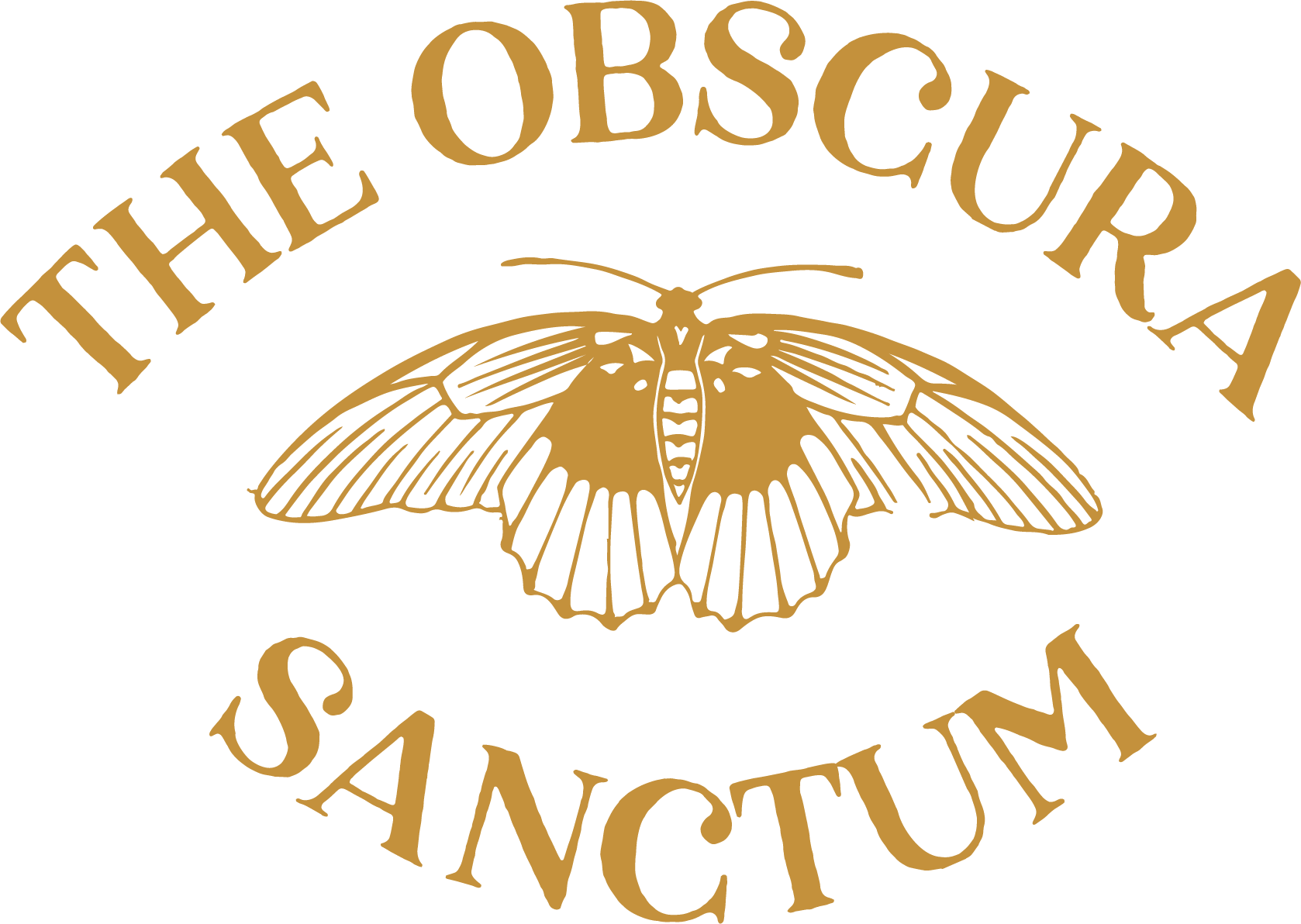This absolutely beautiful style thrives on mystery. Old studies, whispered Latin phrases, leather-bound books filled with esoteric knowledge. But beneath the aesthetic, there’s something more—a fascination with secrecy, with hidden intellectual circles that feel just out of reach. And this isn’t just a fantasy. Throughout history, real academic and literary societies have existed, shaping the very ideas that Dark Academia romanticizes.
So, I am asking myself this question a lot – who were they? And why do they still haunt our (maybe just mine? ) imaginations?

The Invisible Colleges: Science Before It Was Allowed
Long before universities were respectable institutions, knowledge was dangerous. In the 1600s, groups of scholars met in secret to discuss science, philosophy, and alchemy—ideas that could get them arrested, exiled, or worse. These groups were sometimes called Invisible Colleges because they operated outside the official academic world, exchanging letters and ideas in secret.
One of these eventually became the Royal Society, one of the most prestigious scientific institutions in the world. But in its early days? It was just a group of people obsessed with uncovering forbidden knowledge.
The Skull and Bones: America’s Most Infamous Secret Society

Source: Wikipedia
If Dark Academia has a taste for the gothic and macabre, the Skull and Bones society at Yale is a perfect fit. Founded in 1832, this exclusive club is known for its elite membership (presidents, spies, media moguls) and eerie rituals. New initiates are allegedly given a secret name, and meetings take place in a crypt-like building ominously called The Tomb.
Conspiracy theories swirl around the group—some claim they control politics, finance, even entire governments. But the truth is murkier. What’s undeniable is the sense of mystery, of exclusivity, of intellectual elitism wrapped in ritual and secrecy.
The Inklings: A Literary Society That Changed Fiction Forever
Not all secret societies are ominous. Some simply gather to share ideas. The Inklings, an informal group of Oxford writers, might not have performed strange rituals, but they did shape modern literature in profound ways. J.R.R. Tolkien and C.S. Lewis were members, discussing their works over pints at The Eagle and Child pub.

Source: www.cslewisinstitute.org
Imagine being in that room—listening to Tolkien read drafts of The Lord of the Rings before anyone else had seen them. A space where literary minds sharpened each other’s ideas, where stories were forged over conversation and debate. That’s Dark Academia at its core: an obsession with the written word, with the power of discussion, with a world that values intellect above all else.
The Pythagorean Brotherhood: Numbers as the Key to the Universe
If secret societies are about hidden knowledge, then the Pythagorean Brotherhood might be one of the oldest examples. Pythagoras, the ancient Greek mathematician and philosopher, wasn’t just interested in numbers—he believed they held mystical power. His followers lived under strict codes of secrecy, believing that only the worthy could understand the deeper truths of the universe.
Today, we mostly remember him for his theorem, but his cult-like following and devotion to sacred knowledge fit perfectly into the world of Dark Academia. What could be more alluring than a group of scholars who believed numbers could explain everything?
Why Are We Still Obsessed With Secret Societies?
Maybe it’s the exclusivity. The idea that somewhere, behind closed doors, a select few are exchanging ideas the rest of us aren’t privy to. Or maybe it’s the romance of it all—the secret meetings, the whispered conversations, the weight of knowledge too important to share with the world.
Maybe it’s about the feeling of being part of something rare, something intellectual, something slightly forbidden. And for centuries, secret societies have embodied that very idea.
They remind us that knowledge—true, powerful knowledge—has always been something worth keeping hidden. What do you think?


